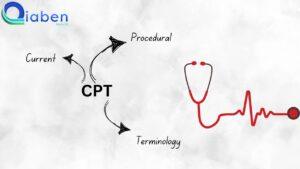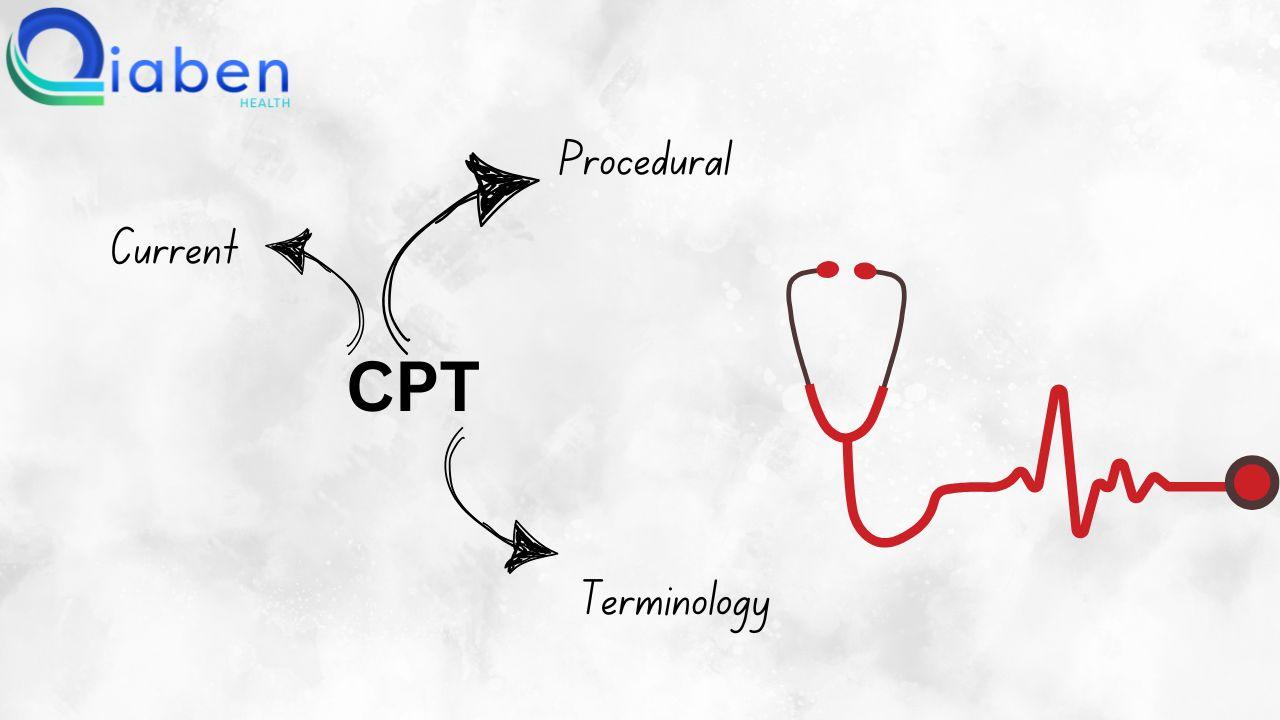Is AI Expensive for Medical Billing? Qiaben Health Guide
The cost of AI for medical billing can vary, but here are some key points to consider:
Initial Investment: Implementing AI systems can be expensive upfront due to the cost of technology, software, and integration into existing systems.
Long-Term Savings: Over time, AI can reduce costs by increasing efficiency, reducing errors, and lowering the need for manual labor.
Scalability: AI solutions can scale with the growth of a medical practice, potentially lowering per-transaction costs as volume increases.
The integration of Artificial Intelligence (AI) in various sectors is no longer a futuristic concept but a present-day reality. One of the industries where AI has been making significant inroads is healthcare, particularly in medical billing. But with advancements often come concerns—especially about costs. Is AI expensive for medical billing, and if so, is the investment worth it? Let’s delve into the intricacies of AI in medical billing, focusing on its impact on cost, efficiency, and the broader implications for healthcare providers.
Understanding AI's Role in Medical Billing
Before we discuss the costs, it’s essential to understand what AI brings to the table. AI in medical billing isn’t just about automating routine tasks; it’s about transforming how billing is approached. AI systems, particularly those focused on AI medical coding, are designed to learn from vast amounts of data, identify patterns, and apply this knowledge to improve accuracy and efficiency in billing.
For example, AI-driven solutions can handle complex medical and dental billing services by accurately coding treatments and procedures, reducing errors that could lead to denied claims. In turn, this reduces the time and resources spent on re-submissions and appeals, streamlining the revenue cycle. This accuracy is crucial in dental billing, where minor errors can result in significant financial discrepancies.
The Cost Factor: Is AI Really Expensive?
One of the most common questions surrounding AI in medical billing is the cost. Implementing AI solutions can indeed require a significant initial investment. These costs may include purchasing the AI software, integrating it with existing systems, training staff, and ongoing maintenance. However, the term “expensive” is relative.
When compared to traditional billing processes, which often involve high labor costs, frequent human errors, and the subsequent financial losses from claim denials, AI can actually be a cost-effective solution in the long run. For instance, AI in patient billing can automate routine billing tasks, reducing the need for a large billing department, and enabling those professionals to focus on more complex cases.
Furthermore, AI’s ability to process vast amounts of data quickly means that healthcare providers can save time—one of the most valuable resources in any business. Over time, the efficiency gains, reduction in claim denials, and improved cash flow can offset the initial investment, making AI a smart financial decision.

Long-Term Financial Benefits of AI in Medical Billing
Reduced Claim Denials:
AI improves the accuracy of medical and dental billing services by minimizing coding errors, which significantly reduces the number of denied claims and the costs associated with re-submissions.Compliance with Coding Standards:
AI-driven systems are capable of quickly adapting to changes in coding standards, such as updates to ICD-10 codes. This ensures ongoing compliance, reducing the risk of costly audits and fines.Efficiency in Dental Billing:
In the complex field of dental billing, AI simplifies the process by automating the coordination of benefits between medical and dental insurance, reducing administrative tasks and associated costs.Enhanced Revenue Cycle Management:
AI enables faster and more accurate processing of billing, leading to quicker reimbursements. This streamlines the revenue cycle, improves cash flow, and reduces the need for large billing teams.Scalability:
As healthcare providers grow, AI systems can easily scale to handle increased billing volumes without a corresponding rise in costs, making them a sustainable solution for long-term growth.Resource Optimization:
By automating routine tasks, AI frees up human resources to focus on more complex and value-added activities, enhancing overall productivity and reducing labor costs.
Is AI Worth the Investment?
Given the potential cost savings and efficiency improvements, the question shifts from “Is AI expensive?” to “Is AI worth the investment?” For most healthcare providers, the answer is a resounding yes. The ability to automate complex billing processes, reduce errors, and improve overall financial health makes AI a valuable asset.
However, it’s essential to approach AI with a strategic mindset. Not all AI solutions are created equal, and the right choice depends on the specific needs of a healthcare provider. It’s crucial to evaluate the potential return on investment (ROI) carefully, considering both the immediate costs and the long-term financial benefits.
FAQs About AI in Medical Billing
How does AI improve the accuracy of medical billing?
What are the initial costs involved in implementing AI for medical billing?
Can AI help with both medical and dental billing services?
What are the long-term financial benefits of AI in medical billing?
At Qiaben Health, we believe that the future of medical billing lies in the integration of AI. While the initial investment might seem steep, the long-term benefits far outweigh the costs. The efficiency, accuracy, and financial health that AI brings to the table make it not just an option, but a necessity for healthcare providers looking to thrive in an increasingly complex and competitive environment. AI isn’t just a tool—it’s a strategic partner in delivering better healthcare.

Unlocking the Secrets of Dental Billing: Simplify, Save, and Succeed
At first, dental billing can be overpowering and difficult. If we understand the proper tactics and knowledge about billing, it seems more flexible to work on that.

Empower Growth with Trusted Physician Credentialing Service
In today’s fast-paced healthcare environment, efficiency and compliance are key to success. One essential process that often goes unnoticed but holds massive importance is physician

Transform Your Medical Practice with Qiaben’s OpenEMR Billing Expertise
INTRODUCTION Healthcare operations in the modern era demand complete accuracy and operational efficiency to succeed. Healthcare facilities throughout the United States adopt modern open-source systems

How to Customize OpenEMR for Your Specialty (Dental, Dermatology, etc.)
Introduction system Specific OpenEMR settings for dental and dermatology help medical practices work more effectively while caring for patients better. With hands-on OpenEMR expertise Qiaben

Exploring OpenEMR’s Core Features: What You Need to Know
Introduction OpenEMR exists as a thorough open-source electronic medical record (EMR) system which streamlines diverse medical practice administrative functions. Qiaben provides specialized services to enhance

CPT Codes in Medical Billing: Everything You Need to Know
Medical billing services play a crucial role in the healthcare industry. One of the key components of this process is the use of Current Procedural







